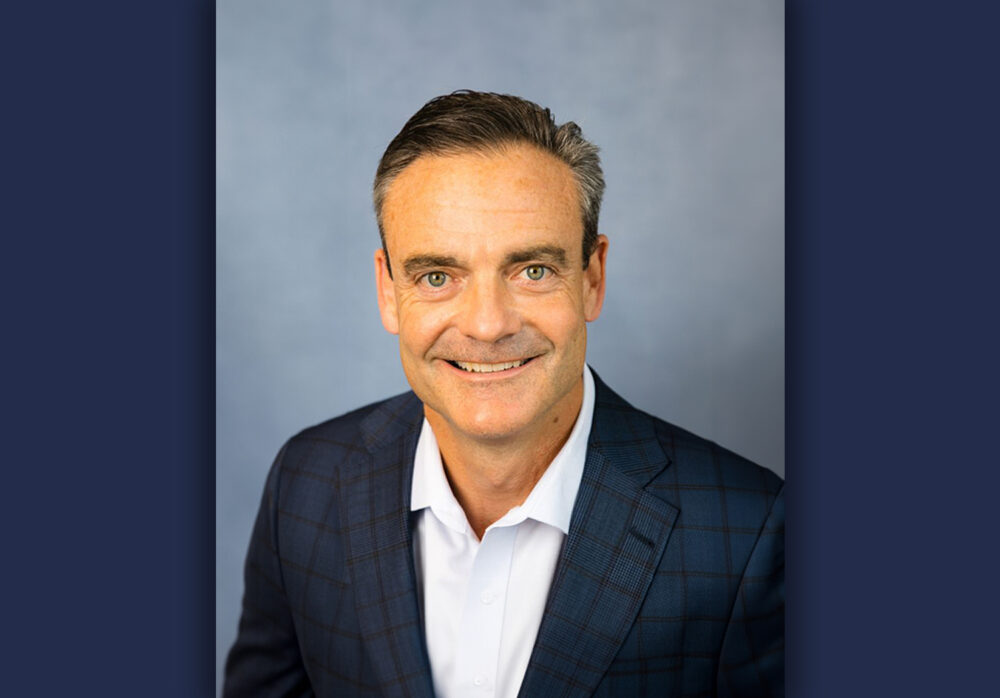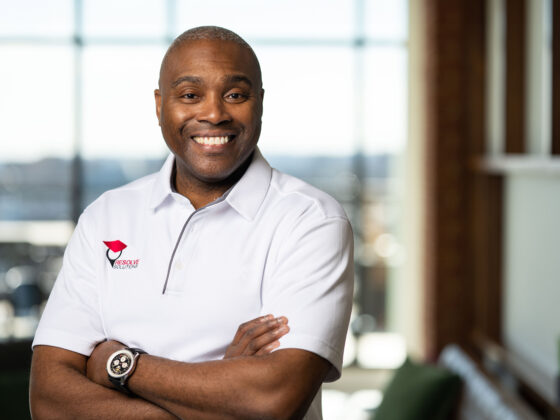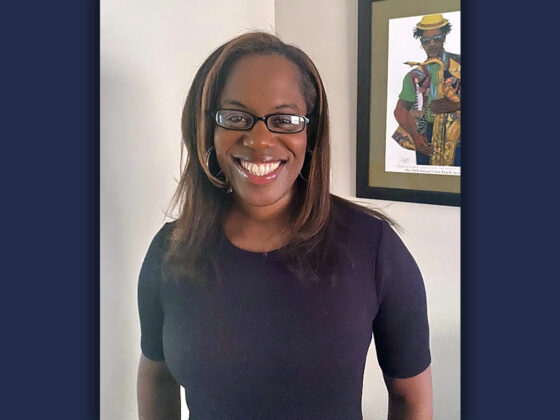The paradox of neurodivergent care in Virginia
Ethan Long – one part clinician, one part executive leader – sees a paradox in Virginia. On the one hand, the commonwealth is consistently ranked year over year as one of the best states in the country in which to do business. But on the other, Virginia ranks 39th out of 50 states in terms of how well we take care of people with neurodevelopmental disabilities like autism.
Why, he muses, can’t we apply the acumen that comes with running a business to meet the supply and demand challenges that exist in the mental health arena? From where he sits as the president and CEO at the VIA Centers for Neurodevelopment (formerly the Virginia Institute of Autism), it’s the existential question that lies at the heart of their mission.
Finding an answer through TEP
And finding answers to that question is what propelled him to apply to one of the Commonwealth Fellowships, the year-long scholarship for nonprofit leaders to attend Darden’s The Executive Program (TEP), which is historically attended by corporate leaders and entrepreneurs.
“I’m really excited about the TEP program because, ultimately, how we scale and think about serving a growing need will make a difference in the commonwealth,” he says. “I think we have a lot to say with our evidence-based practice. At the very least, when you use evidence-based practice, you can be more effective with the individual you’re working with. But often you can also find efficiencies, and that means you can serve more people. We’d like to change the service system in Virginia and keep growing throughout the commonwealth until we get that change to support as many people as possible.”
As testament to the growing needs, Long has already overseen exponential growth since assuming his position 14 years ago. The Virginia Institute of Autism, as it was known then, had 24 students at one school in Charlottesville when it first opened. Today, the VIA Centers reach more than 300 individuals and families throughout 33 school districts and other services in four Virginia cities.
As he contemplates continued growth, his energy is palpable.
“The evolution of what’s needed with this growing organization – how we scale, what types of business opportunities we want to take advantage of, and how we evaluate those – all of those things are big pieces that I’m looking forward to learning about, not just from the faculty but also having [TEP] colleagues that I’ll get to work alongside, basically having a network of folks.”
Located in Charlottesville, Long and his VIA teammates are actually no stranger to Darden. They participated a few years back in Darden’s iLab through a summer residency, creating a micro enterprise where they employed adults with autism to make and sell candles and bath salts, a business that gave employees a chance to earn a paycheck and participate in a money-making company that is still in operation today.
Looking forward to the TEP experience
“I love the idea that we’re going to be spending two intense weeks, because in my world, I’m juggling competing priorities all day long. As you can imagine, it doesn’t really turn off. The way the program is set up seems to be a very conducive way to engage in deep, focused learning and collaboration.”
Long will join the 2024-2025 TEP cohort beginning this October for two immersive weeks of on-grounds study, with all students staying at The Forum Hotel, followed by five months of virtual study and concluding with a third immersive module at Darden’s DC Metro Grounds and Charlottesville Grounds in the spring.




